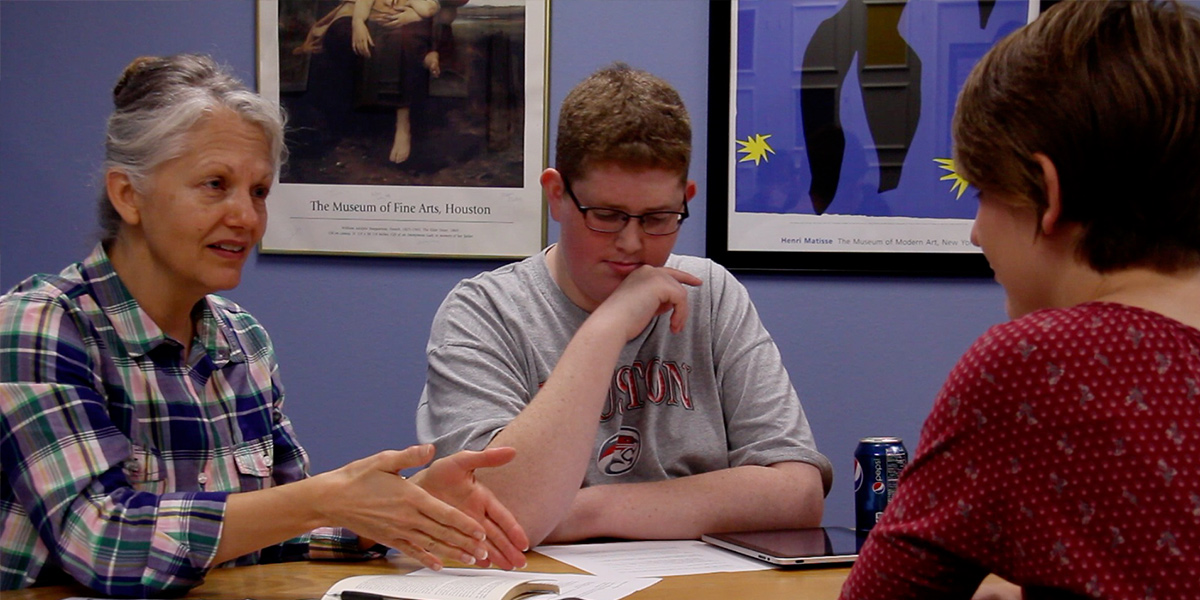Baytown, TX — Debbie Long walked into the college classroom and nearly changed her mind. As a non-traditional student, Long began taking classes at Lee College later in life after her children were grown and out of the house. Initially, she was concerned about the age difference between her and her peers, but one course helped her find her voice and gave her the newfound confidence she needed to finish her degree plan.
“I didn’t have much confidence when I started going back to school,” said Long. “I definitely felt the age difference. But the Human Condition class felt like a safe place to share ideas and to learn from each other. Despite our differences, everyone in the class became good friends and accepted each other for who we were. The instructors were amazing and gave me the confidence that pushed me to do things I never thought I could do. I’ve never experienced anything like it.”
This month, Lee College celebrates 20 years of the Human Condition: a unique, critical-thinking seminar within the Lee College Honors Program. Developed in 2000, the academically advanced team-taught course has challenged Lee College students for more than two decades to question the world around them through analysis of various literature and art forms.
“The goal of the class is not to change students’ minds. The goal is to teach them to consider different perspectives and understand why they believe what they believe,” said Dr. Georgeann Ward, Lee College Honors Program coordinator and lead instructor for the Human Condition. “We want students to learn how to have tough discussions and consider perspectives they didn’t think about before to then form their own beliefs. These are essential skills, and I can’t think of a more important time in history for students to question and investigate the information they receive.”
Each unit begins with a study of social theory or philosophy that provides insight into human behavior. Students then apply these theoretical “lenses” to various texts, including literature, film, art, architecture, and field experiences. At the end of the semester, students complete a seminar paper and present their work to the college community and often at local, regional and national conferences.
Ward said the reading and writing-intensive course is fundamentally different from typical college courses because the instructors are never standing at a podium delivering a lecture. Instead, the entire class collaborates in search of knowledge.
“In the Human Condition, [the instructors] are not merely the depositors of knowledge, but we are looking to students to bring their questions and drive the discussion,” said Ward. “Everyone in the room is on an equal plane at all times as makers of knowledge.”
“For some students, this is a life-changing course because it gives them brand new perspectives and opens the door for academic opportunities they might not have thought were possible,” said Ward.

